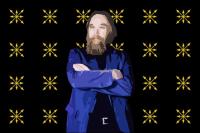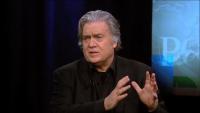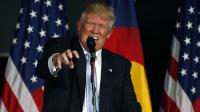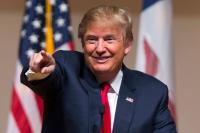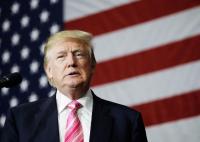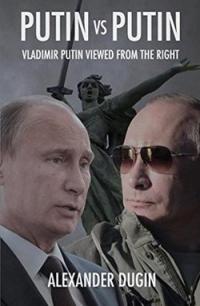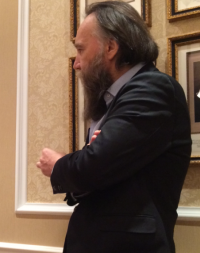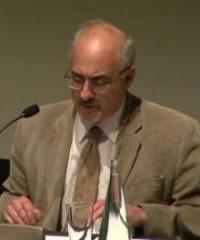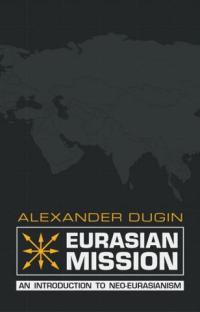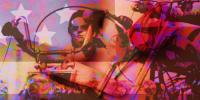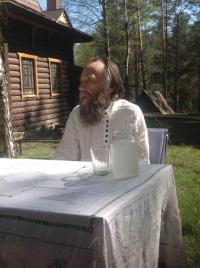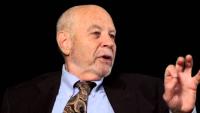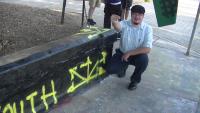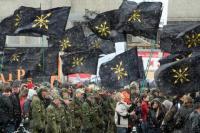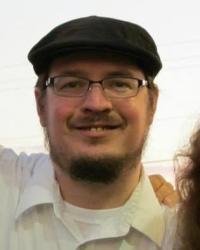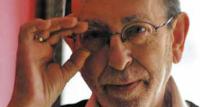Alexander Dugin’s Neo-Eurasianism and the Eurasian Union Project:
The day after Vladimir Putin announced the goal of establishing a Eurasian Union between the Russian Federation, Belarus, and Kazakhstan, an important article appeared in the Financial Times.[1] In that article, Charles Clover asserted that Putin’s announcement marked “the epitome” of the ambitions of “a small group of committed ‘Eurasianists,’” Alexander Dugin foremost among them. According to Clover, Dugin, head of the International Eurasianist Movement, even took credit for most of the content of Putin’s announcement at a conference at the University of Moscow the day the announcement came out, claiming to have helped in its preparation. [2] Before leaving the topic of Dugin’s influence on Putin’s Eurasian Union project, Clover recalls John Maynard Keynes’s acute remark that “madmen in authority, who hear voices in the air, are distilling their frenzy from some academic scribbler of a few years back.” In this paper, I argue that a comprehensive analysis of the proposed Eurasian Union and its underlying political theory must pay more attention to the recent writings of the “academic scribbler” Alexander Dugin, the leading theorist of Eurasianism.[3]

